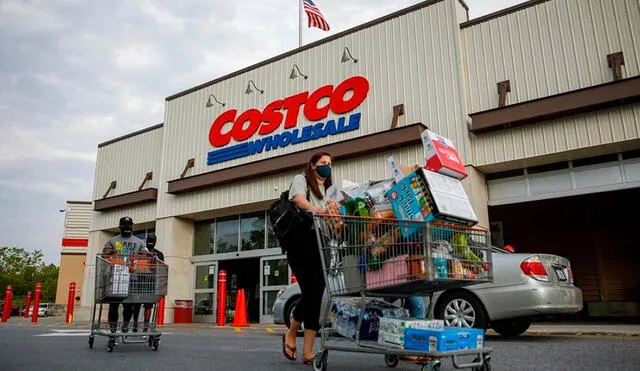Costco posts mixed Q2 earnings; comparable sales growth remains positive
Costco reported mixed financial results for its fiscal second quarter as consumers remain cautious with their spending.

The company reported mixed results for its fiscal second quarter, reflecting the cautious spending habits of consumers amid an uncertain economic environment. While adjusted earnings per share fell slightly short of Wall Street estimates, the retailer’s revenue exceeded expectations, driven by strong overall same-store sales growth.
Costco’s performance highlights shifting consumer behavior, with shoppers prioritizing quality and value, but also becoming more selective in their purchases due to inflationary pressures and potential tariff impacts.
Costco’s earnings missed expectations
The company posted adjusted earnings per share of $4.02, slightly below Bloomberg’s forecast of $4.11. However, revenue came in at $63.72 billion, surpassing expectations of $63.01 billion. Same-store sales increased by 6.8%, exceeding the anticipated 6.38% but falling short in Canada and other international markets. Excluding fuel and foreign exchange impacts, comparable sales rose 9.1%.
During the earnings call, CEO Ron Vachris praised the company’s operational and merchandising teams for delivering strong results despite economic uncertainties. CFO Gary Millerchip noted that customers continue to prioritize "quality, value, and newness," but are becoming more selective with their spending due to inflation and potential tariffs.
Following the earnings release, Costco shares dipped slightly in after-hours trading. Year to date, the stock has gained over 12%, outperforming the S&P 500 (^GSPC), which is down nearly 3%.
Other warehouse retailers are also seeing gains. BJ’s Wholesale Club (BJ) stock has surged 28% this year, while Walmart (WMT), which owns Sam’s Club, is up 5.6%. BJ’s exceeded Wall Street’s expectations on earnings and same-store sales, although revenue came in slightly below forecasts. CEO Robert Eddy credited increased store traffic, larger basket sizes, and strong membership engagement for the positive results.
Meanwhile, Kroger (KR) shares are up nearly 3% this year despite leadership changes and the fallout from its failed merger with Albertsons (ACI). The company met earnings expectations, with stronger-than-expected same-store sales growth driven by digital sales, delivery expansion, and health and wellness services.












